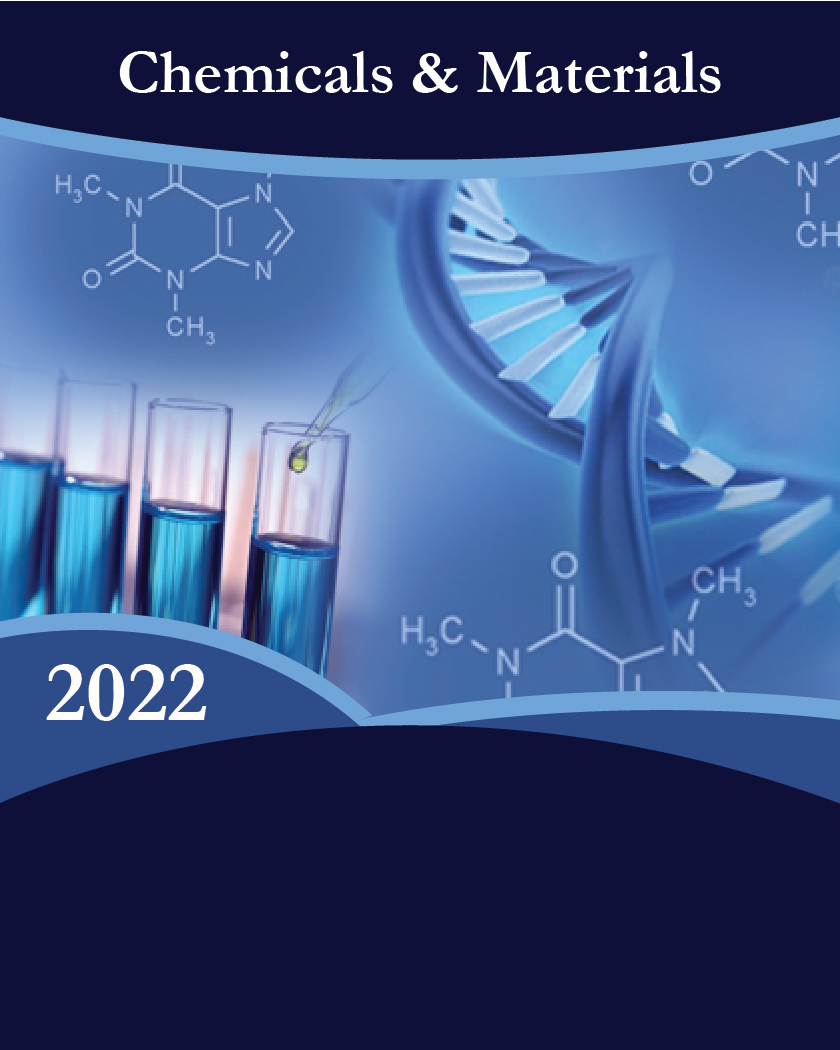
The Europe biodegradable plastic market was valued at $0.8 billion in 2019, and is projected to reach $1.9 billion by 2027, growing at a CAGR of 10.9% from 2020 to 2027.
Biodegradable plastic is a plant-based plastic with no hazardous effects on the environment. It degrades naturally in base compounds in a reasonable amount of time. Hence, plastic, defined as biodegradable, is made of molecule that can break down naturally by the action of micro-organisms. Some of the major known types of biodegradable plastic include polylactic acid (PLA), polybutylene adipate terephthalate (PBAT), polybutylene succinate (PBS), polyhydroxyalkanoates (PHA), and starch blends.
The Europe biodegradable plastic market is in the growth phase of industry life cycle and is expected to explore new growth opportunities during the coming years. Some of the basic factors driving the demand for the market include governmental initiatives to eliminate single use plastic and stringent regulatory outlook against the use of conventional plastic products. Reducing the number of single use plastic bags per person on an annual incremental rate will prove to be conducive for the growth of the biodegradable plastics in Europe.
Industry trends are shifting toward biobased products to reduce dependence on conventional plastics. Biodegradable plastics degrade easily unlike fossil fuel based plastic products, which may take more than 500 years to degrade completely. Moreover, most of the manufacturers in industries such as packaging, textile, and agriculture are shifting toward biobased plastic due to stringent regulations from the government.
Such factors are largely impacting the growth of the Europe biodegradable plastic market. The use of biodegradable plastics is also increasing in other niche segments inclusive of clinical implants and drug delivery systems. In orthopedics, biodegradable plastics are finding use in joint replacements, fracture fixation plates, bone defect fillers, synthetic tendons, ligaments, bone cements, and so forth. Numerous research studies are underway to enhance the commercial viability of these niche markets.
On the other hand, the growth of the market is restrained by high cost of biodegradable plastic over its conventional counterparts. For instance, polylactic acid-based bioplastics are at least eight times as expensive as the petroleum-based plastics. However, new products such as Fruitplast, a bioplastic made from the skins of tropical fruits at a lower price, are expected to provide lucrative growth opportunities in the upcoming times.
The Europe biodegradable plastic market is segmented on the basis of type, application, and country. On the basis of type, the market is divided into polylactic acid (PLA), polybutylene adipate terephthalate (PBAT), polybutylene succinate (PBS), polyhydroxyalkanoates (PHA), starch blends, and others. On the basis of application, the Europe biodegradable plastic market is categorized into packaging, agriculture, textile, consumer durable, and others. The Europe biodegradable plastic market is studied across the UK, Germany, France, Italy, Spain, Romania, Bulgaria, Hungary, Slovakia, Slovenia, Czech Republic, Austria, Poland, and rest of Europe. Major manufacturers studied and profiled in the report are BASF SE, Biotec Pvt. Ltd., Biotrem, Danimer Scientific, Dow Inc., Eastman Chemical Company, Hemp Plastic, Minima, Mitsubishi Chemical Holdings, Novamont SpA, and Solanyl Biopolymers.
- Key benefits for stakeholders
- The report provides an extensive qualitative and quantitative analysis of the current trends and future estimations of the Europe biodegradable plastic market from 2019 to 2027 to determine the prevailing opportunities.
- A comprehensive analysis of the factors that drive and restrict the growth of the market is provided.
- Estimations and forecast are based on factors impacting the market growth, in terms of both value and volume.
- Profiles of leading players operating in the market are provided to understand the competitive scenario in the European markets.
- The report provides extensive qualitative insights on the significant segments and COUNTRYs exhibiting favorable market growth.
o Impact of COVID-19 on the Europe Biodegradable Plastics Market
o Due to lockdown measures and travel restrictions in European countries, the tourism and the hotel industry witnessed downfall, thereby, hampering the food & beverage sector. This, in turn, impacted the demand for food packaging plastics
o Due to the high costs of biodegradable plastics, consumers have started using plastic bags and products.
- The rapid spread of corona virus pandemic reduced the application of any new plastic bags including biodegradable bags. Consumers are bringing their old fabric and plastic bags, and retail shops and small stores are not providing new plastic bags to prevent further spread.
- Prior to COVID-19 breakdown, a large number of multinationals such as Danone, Coca-Cola, and Nestle promised to adopt biodegradable plastics under pressure from activists and consumers.
- However, after COVID-19 outbreak governments across different countries made several changes in their regulations regarding disposable and single use plastics to prevent further spread of the virus. For instance, the State of Maine postponed its ban on plastic bags until January 2021; thus, negatively impacting the market growth.
- Further, the pandemic hit the global supply chain of raw materials needed for biodegradable plastics
- Import dependency on China for various raw materials for the production of biodegradable plastics may change market scenario.
Key market segments for biodegradable plastic
By Type
- PLA (POLYLACTIC ACID)
- PBAT (POLYBUTYLENE ADIPATE TEREPHTHALATE)
- PBS (POLYBUTYLENE SUCCINATE)
- PHA (POLYHYDROXYALKANOATES)
- Starch Blends
- Others
By Application
- Packaging
- Agriculture
- Consumer Durable
- Textile
- Others
By Country
- Europe
o UK
o Germany
o France
o Italy
o Spain
o Romania
o Bulgaria
o Hungary
o Slovakia
o Slovenia
o Czech Republic
o Austria
o Poland
o Rest of Europe
























